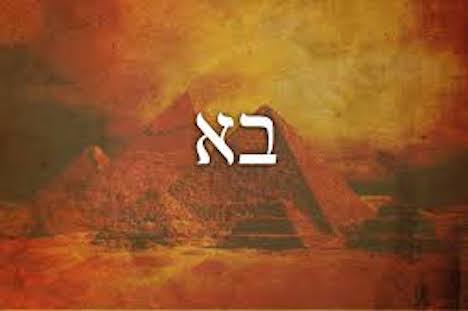
By Your Bloods, You Shall Live!
‘And I pass over you, and look at you, and behold! It is your time, the time of beloved ones…’
‘And I pass over you and see you rolling in your bloods… and I tell you: ‘By your bloods- you will live!’
-In other words, the special mitzvot of Pesach and Milah were the ‘tools’ Hashem used in bringing about the Redemption.
- Why were these the two mitzvot Hashem gave them, more than any others He could have taught and commanded?
- What’s the deeper meaning of the ‘bloods‘ of these mitzvot? Is it a coincidence that both involve blood of some kind, or is it something about blood that made these mitzvot uniquely capable of meriting salvation?
- ‘Your bloods’ implies that both Milah and the Pesach involved B’nei Israel’s blood. Although this was true of Milah, the Pesach saw them spilling the sheep’s blood when they slaughtered it; where was the Jewish blood there?
‘And you also, by the blood of your Brit I sent out your imprisoned ones, from a pit without water.’
Hashem Yitbarach wanted to establish within the Nation He had separated to be called by His Name, a permanent sign on their body- to differentiate them from other nations in their bodily form, just as they are different in the form of their soul…
-The Milah is a sign of our unique status as Hashem’s Nation- and also a reminder of the responsibility this status carries, as the Sefer Hachinuch continues:
… And Hashem wanted the Chosen Nation to perfect its own nature, and He wanted the perfection to come through Man himself- and didn’t just create him complete (with Milah) at birth, to hint to Him that just as the perfection of his body comes through him, so too he is capable of perfecting the form of his soul, through productive deeds…
-Powerful stuff. We are different, and we need to behave that way. And the elevated level we occupy as Hashem’s People doesn’t just mean that there’s one specific, baseline level that our actions must adhere to. Rather, our special status requires us to work, to push ourselves in constantly improving ourselves; with each action, with each step we take in becoming better people and more dedicated to serving God, we slowly redefine our ‘levels’. If we first identify who we are and what we are about, we can comitt to doing the right thing with great dedication. This is what the Milah teaches us.
Now that we have gained some understanding in the mitzvah of Milah and have begun to explore the Pesach sacrifice as well, I hope we can tie everything together- and answer our questions- next week.